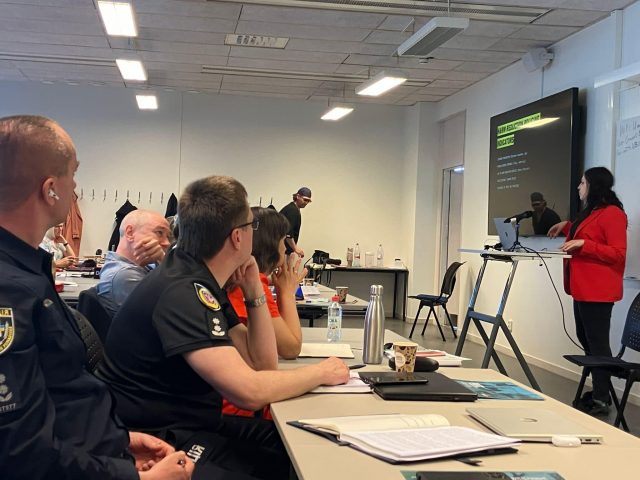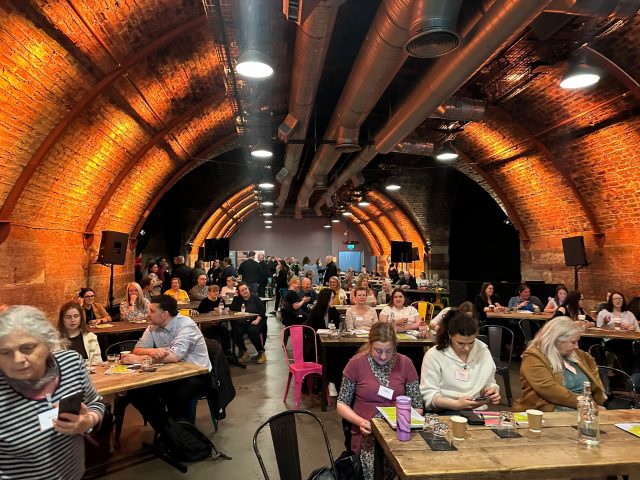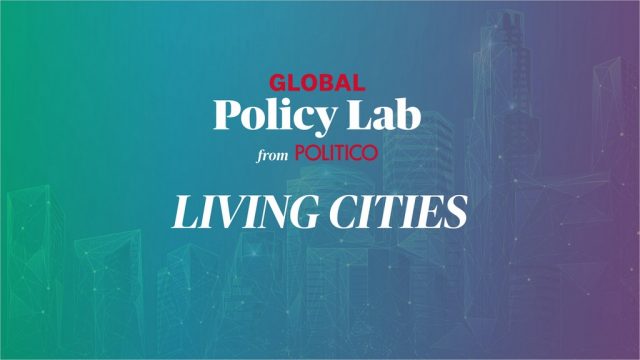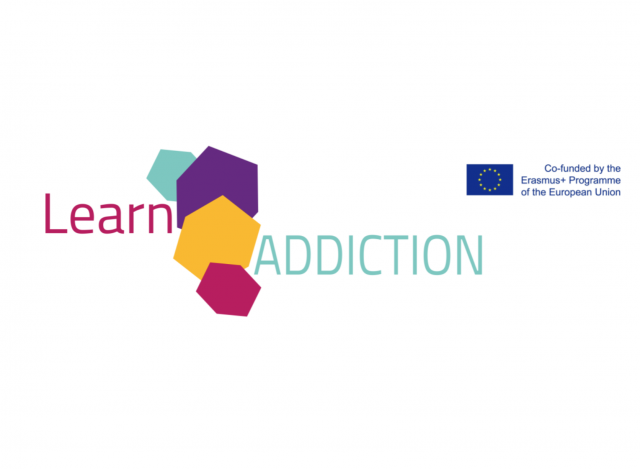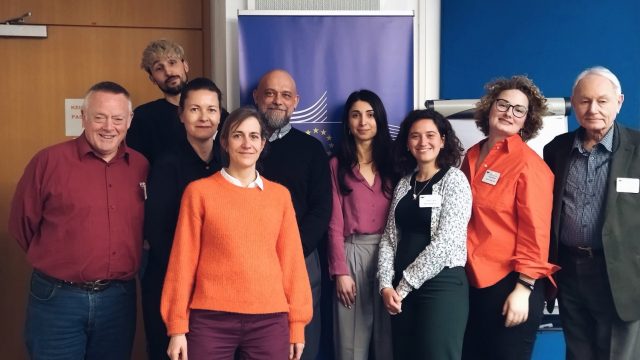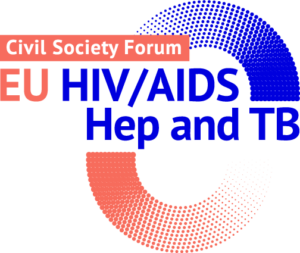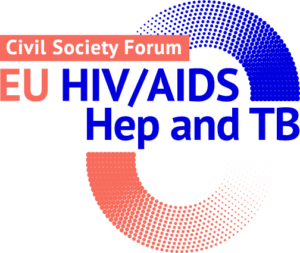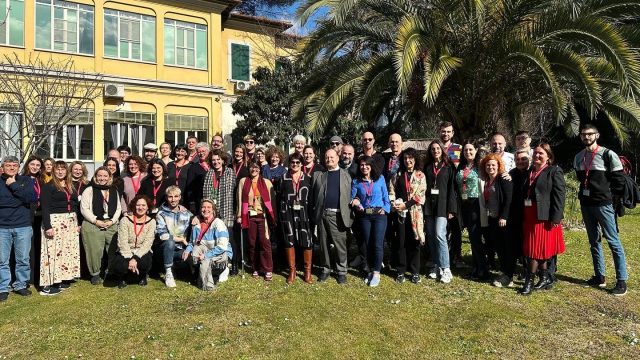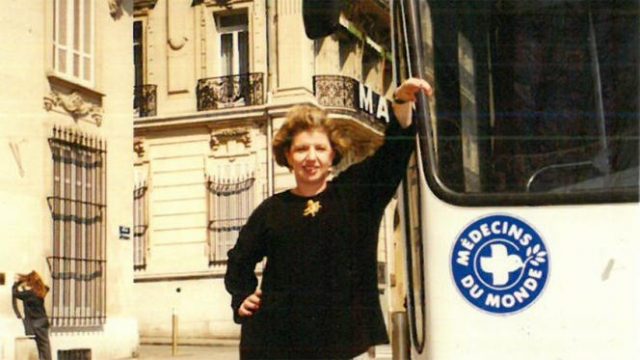On 19-20 May 2023, we attended The European Conference on Law Enforcement & Public Health organised by the Global Law Enforcement and Public Health Association in cooperation with Umeå University’s Police Education Unit in Umeå, Sweden. The conference addressed multiple intersections between law enforcement and public health areas, such as drugs and drug use, harm reduction, socio-economic vulnerabilities, sexual and gender-based harassment, trauma, or mental health. The highlight of the conference was the sizable representation of police officers and researchers from Scotland, who shared the positive experiences and successes of their public health approach to policing being implemented to address the skyrocketing opioid overdose deaths in the country.
Before the conference, Correlation’s Iga Jeziorska participated in the workshop Law Enforcement, Harm Reduction and Drug Policy. On Friday, she was engaged as an expert in the Panel discussion on decriminalisation chaired by Neil Woods from The Law Enforcement Action Partnership, What does drug policy reform mean – to police and to the community? along with Julia Ryland (LEAP) and Tuukka Tammi (THL). On Saturday morning, Iga gave a presentation that challenged the idea of the role of evidence in (drug) policy making, which stirred a lively debate among police officers from England, Scotland, Norway, The Netherlands, Ukraine, Moldova, and others, on the law enforcement performance indicators.

